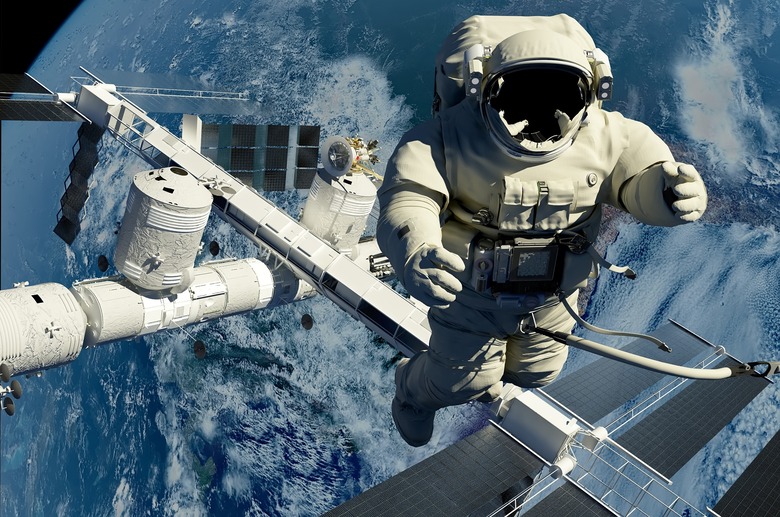Scientists Develop Yeast That Turns Astronaut Pee Into Food
Okay, we know this sounds gross, but in all seriousness it has promising potential to sustain life in space for longer than we'd ever thought possible before.
Scientists have bioengineered a strain of yeast called Yarrowia lipolytica to produce omega-3 fatty acids, which are crucial for keeping a healthy diet. In space, however, or in other environments in which food is scarce, these nutrients are hard to come by — which is what makes these strains of yeast akin to flakes of pure gold. The amorphous yeast cultures form a mushy paste that's actually a nutritious food.
The yeast strain naturally feeds on human urine, meaning that growing the yeast culture in space is as easy as peeing into a cup.
Of course, it would be a bit more complex than that. Astronauts would keep urea in a separate container with the yeast. The yeast needs a few other things to survive, so the astronauts would grow cyanobacteria that generate sugars for feeding the yeast. Carbon dioxide, necessary for growth of these bacteria, could then be pumped into the vessel from the astronaut's exhalations. They would then collect the sugars from the cyanobacteria and feed them to the yeast.
The result would be a miniature food chain of sorts — cyanobacteria producing food for yeast turning human urine into food for humans.
Mark Blenner, an assistant professor of chemical and biomolecular engineering at Clemson University, sees the benefit of these organisms far exceeding life sustenance in space. In fact, the organism could realistically be used in starvation-stricken countries to sustainably combat world hunger. "In poorer countries, we think this might be an interesting way to reduce waste production," Blenner told Seeker. The food-generating organism could potentially have a use at military bases, as well, to save costs on emergency food supplies.
Before employing these methods practically, the team first needs to simplify the process. The easier the food supply is to grow, the better — astronauts have enough on their minds already. But we still think this innovation is out-of-this-world.
